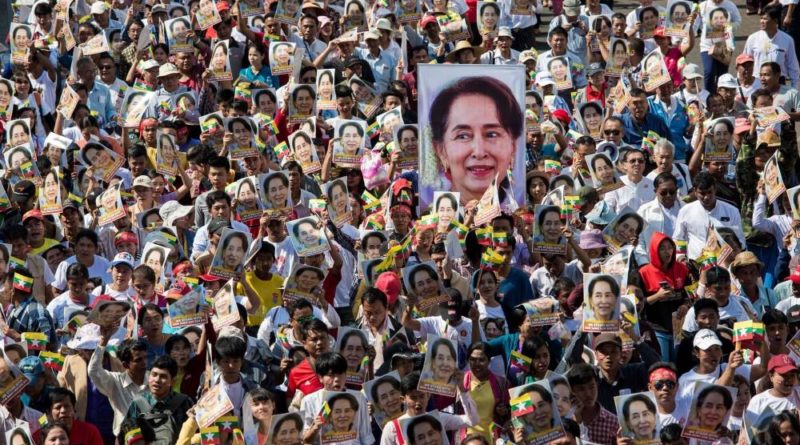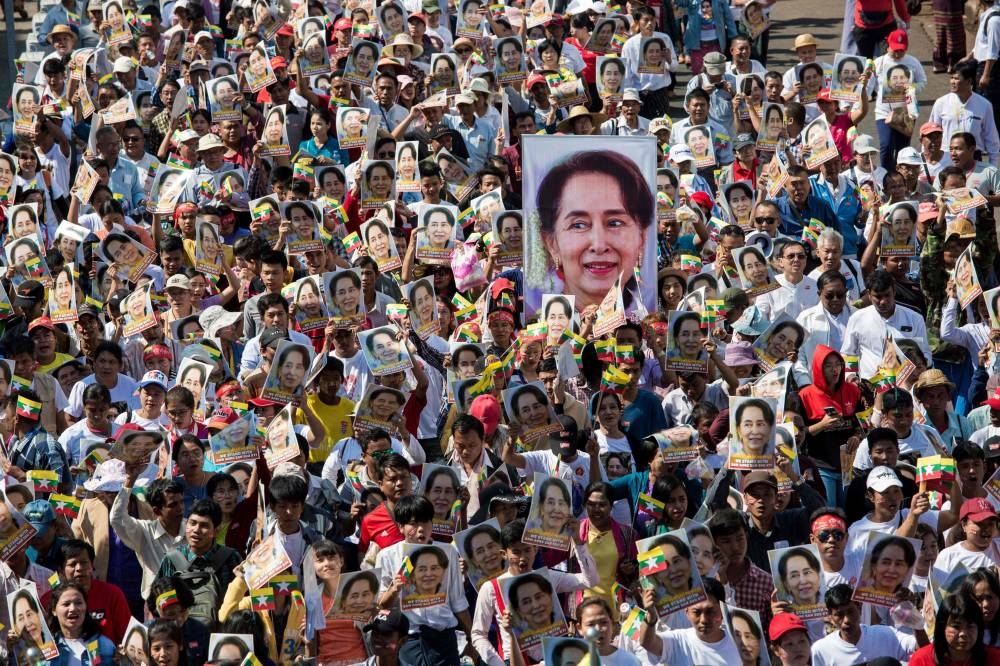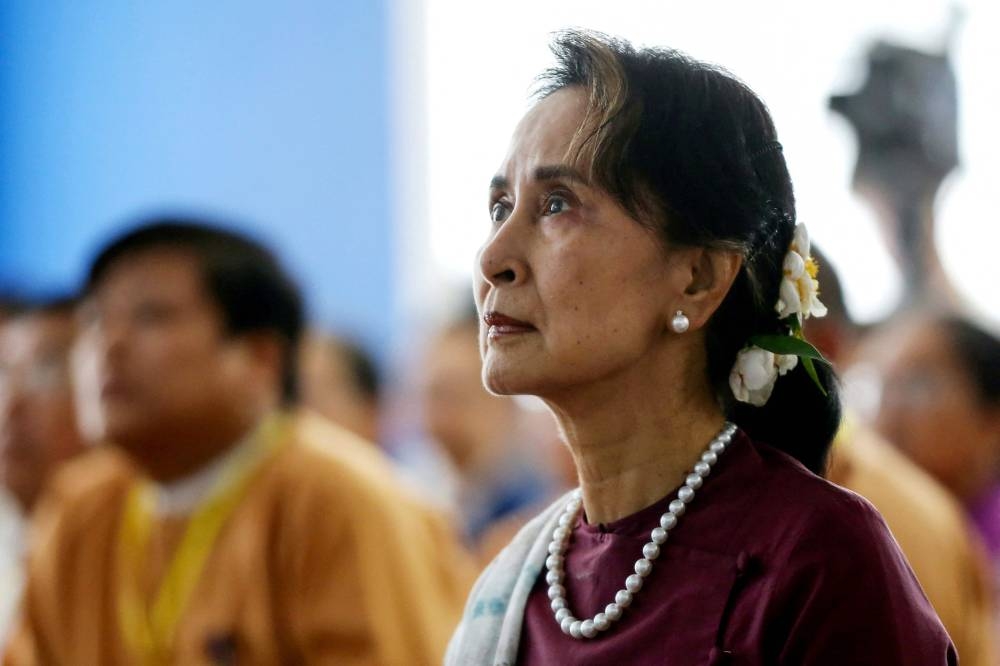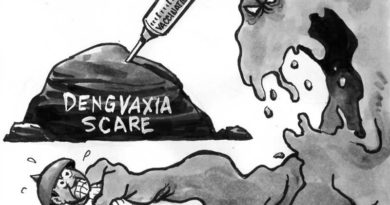FREE ASEAN | ASEANEWS EDITORIAL: Rescuing Myanmar from the quagmire of oppression
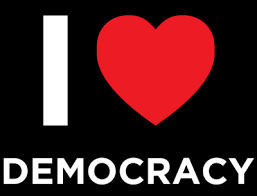
.
Opinion  Editorial
Editorial

A YEAR ago last Tuesday, the military in Myanmar decided to end the country’s experiment in democratic reform by dismantling the government of Aung San Suu Kyi and installing a junta in its place.
The Tatmadaw, as the Myanmar armed forces is called, had become uneasy because the people were relishing the taste of freedom after decades of repression under a martial regime. True, the civil government was still forced to share power with the military, but the Tatmadaw felt it was losing its grip after the candidates it backed lost badly in the elections in 2020. It was time to return to the old ways.
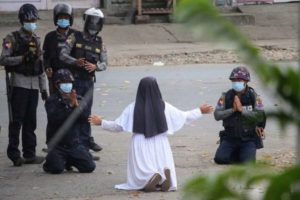
Ads by:
Memento Maxima Digital Marketing
@[email protected]
SPACE RESERVE FOR ADVERTISEMENT
The coup triggered street protests and strikes, and the military responded with an orgy of brutality. Pro-democracy protesters were hunted down, arrested and tortured. Entire villages were torched to flush out their sympathizers. The 76-year-old Suu Kyi was convicted in more than a dozen cases and sentenced to more than 150 years in prison.
In the months that followed, about 1,500 civilians were killed in crackdowns and more than 11,787 were illegally detained, according to the United Nations Commission on Human Rights. More than 400,000 people have been displaced in the fighting between the military and resistance groups that have sprouted across the country, the UN said.
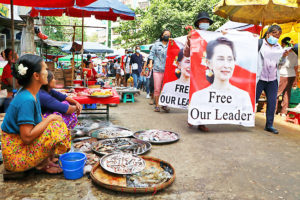
-
Govt should take tougher stand on Myanmar
Reports of atrocities have been filtering out of Myanmar. The latest was a massacre on Christmas Eve in Kayah State, where at least 35 bodies were burned beyond recognition.
The wave of repression is not expected to die down soon. The junta’s chief, Min Aung Hlaing, has extended a state of emergency for another six months to fight what he said were threats from “internal and external saboteurs” and “terrorist attacks and destruction.”
Last Tuesday, the streets of the capital Naypyidaw and key cities in Myanmar were deserted, and shops and other businesses were boarded up.
It was not a sign of submission, but a show of defiance. Opponents of the regime called for “silent strikes” as part of a civil obedience campaign to destabilize the military through economic disruption.
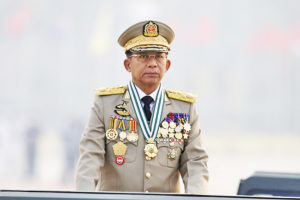
.
-
Cambodian PM visits coup-hit Myanmar
Ads by:
Memento Maxima Digital Marketing
@[email protected]
SPACE RESERVE FOR ADVERTISEMENT
People were joining the campaign in their own small way, refusing, for example, to pay their electricity bills.
The Myanmarese have not given up the fight. The Spring Revolution, a growing resistance movement, continues to be a thorn in the side of the Tatmadaw, which has vowed to crush the “terrorist” group.
The danger is that the violence could erupt into a full-blown civil war, unless the world community acts more decisively on the Myanmar crisis.
Sanctions clamped by the United States, Britain and Canada on the junta’s leaders do not seem to be biting because strong geopolitical undercurrents are at play.
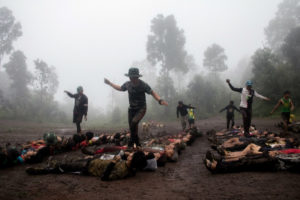
-
A somber new year for Myanmar
Ads by:
Memento Maxima Digital Marketing
@[email protected]
SPACE RESERVE FOR ADVERTISEMENT
China and Russia have been generous in providing the junta leaders with arms and trade support. China is said to have substantial investments in infrastructure, pipelines and special economic zones in Myanmar as part of its Belt and Road Initiative. Russia, on the other hand, is the second-largest arms supplier to Myanmar, and has bolstered military-technical cooperation with the country.
“It seems certain that Russia and China, the two autocratic global powers, have no sympathy with pro-democracy movements in Myanmar,” one report noted.
The Association of Southeast Asian Nations has also been a big disappointment. Other than barring Myanmar’s strongman from attending its leaders’ summit last October for failing to agree to stopping the violence and allowing dialogue, Asean has not made any other crucial inroads into resolving the conflict.
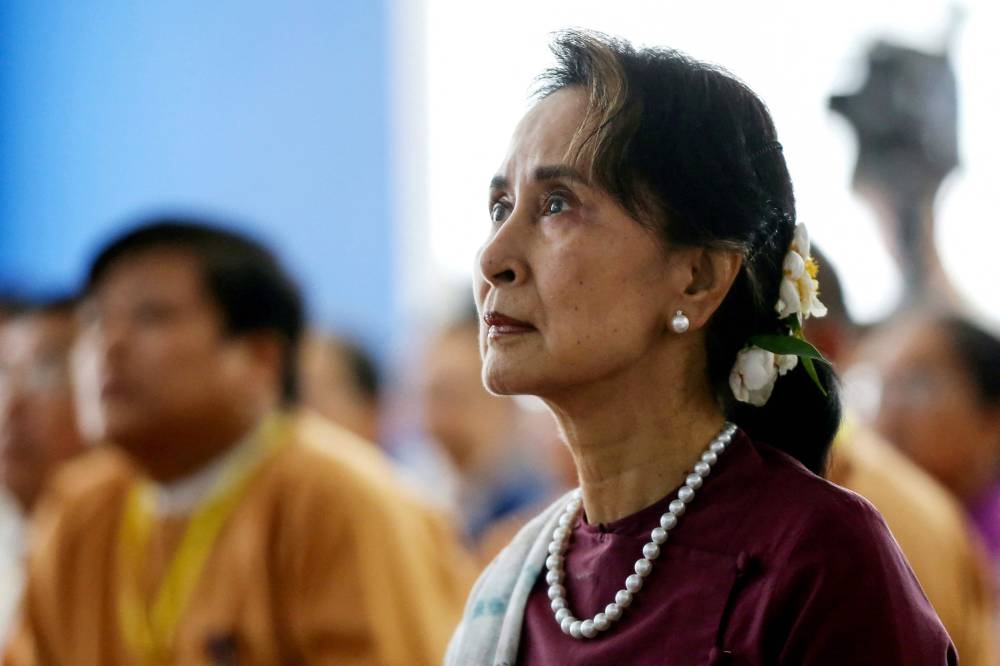
-
Asean leaders hold summit with Myanmar’s general shut out
Ads by:
Memento Maxima Digital Marketing
@[email protected]
SPACE RESERVE FOR ADVERTISEMENT
International agencies are taking their time searching for solutions. Meanwhile, Myanmar slips deeper into turmoil.
The international community needs to do some soul searching, according to one observer. “Do they want to cooperate, engage as business as usual with a terrorist group or not? Or do they want to put them in a different category in terms of their interactions or engagements?”
Pope Francis has renewed his prayer for “the tormented population” of Myanmar and has urged the international community “to work toward reconciliation between the interested parties.”
It would indeed be tragic if the Pope’s call falls on deaf ear
.
—

Ads by: Memento Maxima Digital Marketing
@[email protected]
SPACE RESERVE FOR ADVERTISEMENT
.________________________________

